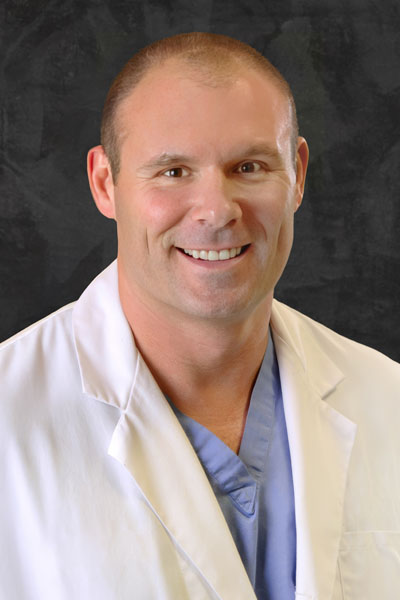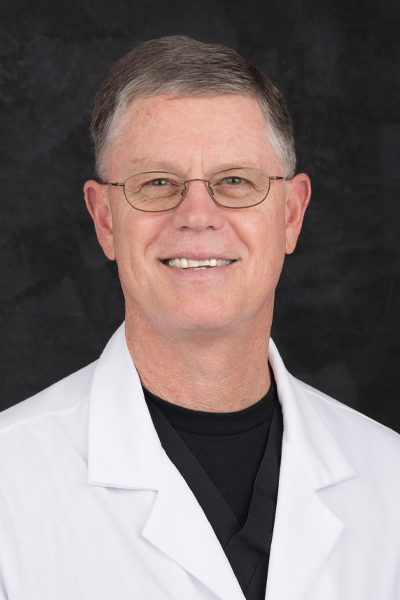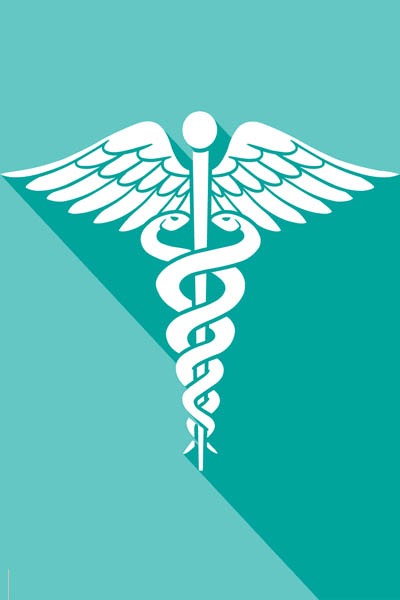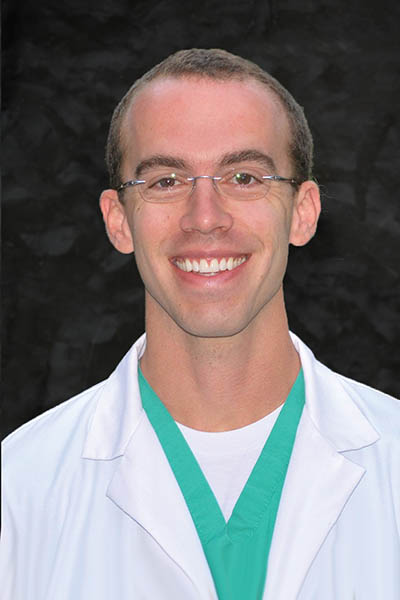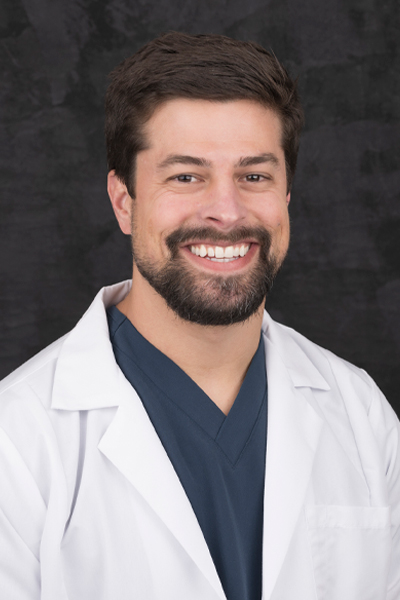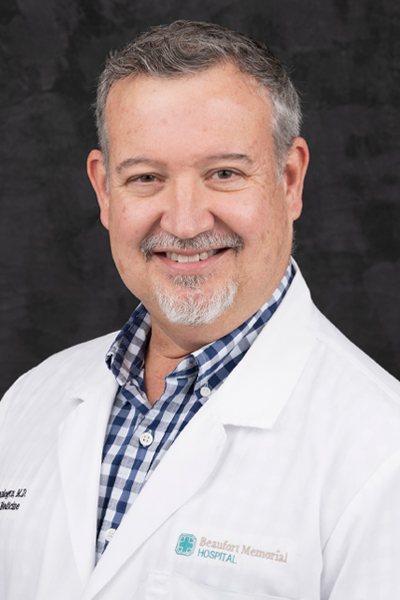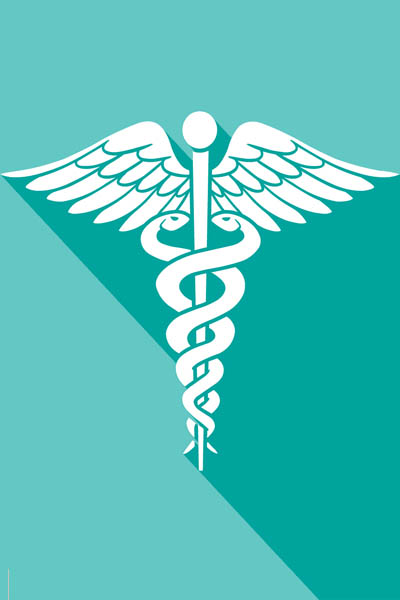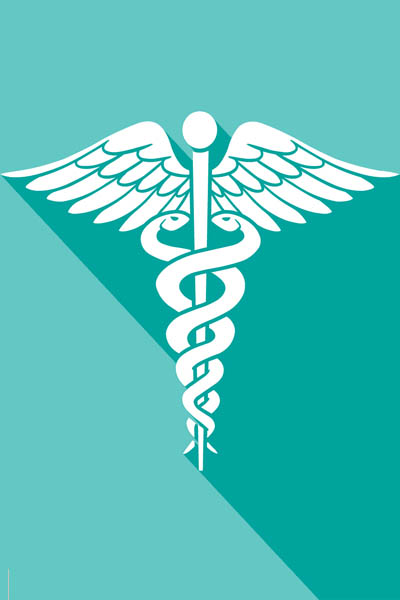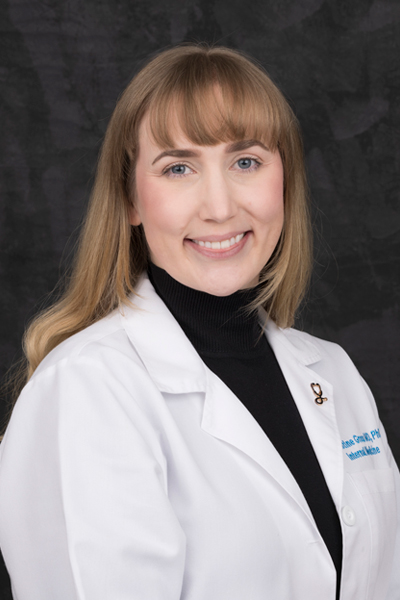Stroke Care
Strokes are a leading cause of death and disability in the United States, but rest assured that you’ll receive excellent stroke care in the Lowcountry. Beaufort Memorial has earned the American Heart Association/American Stroke Association’s Heart-Check mark for Advanced Certification for Primary Stroke Centers. Beaufort Memorial offers a full range of treatments and has a dedicated team to help you recover from a stroke.
To assess your risk of stroke, schedule a complete vascular screening package.
An annual well visit with a primary care provider can also help identify risk factors and the treatments necessary to avoid one. Need a provider? Find one accepting new patients.

What Is a Stroke?
A stroke occurs when the brain’s blood supply is suddenly cut off. If someone is showing symptoms, they need immediate treatment. During a stroke, the brain does not get enough oxygen, and permanent brain damage can occur. A stroke is sometimes called a “brain attack,” because the urgency to seek medical care to save brain cells is similar to a heart attack, where fast treatment saves heart muscle.
Symptoms of stroke appear suddenly and include:
- Confusion
- Difficulty speaking
- Difficulty walking
- Loss of vision
- Numbness or weakness
- Severe headache
Types of Stroke
There are two different types of stroke, each of which impacts the brain in different ways. CT scans are often used to determine the type of stroke someone has.
Hemorrhagic Stroke
Hemorrhagic strokes occur when blood vessels burst and cause bleeding in the brain. There are two types of hemorrhagic strokes:
- Subarachnoid, when a blood vessel outside the brain breaks
- Intracerebral, when a blood vessel inside the brain breaks and causes bleeding in the brain tissue
Weakened blood vessels caused by aneurysms and arteriovenous malformations (a rare condition in which tangles of blood vessels can interfere with blood and oxygen flow to the brain) may put you at greater risk for a hemorrhagic stroke.
Ischemic Stroke
An ischemic stroke occurs when a blood vessel supplying the brain is blocked by a blood clot. Ischemic strokes account for over 80% of all strokes.
How to Prevent Stroke
Strokes can occur at any point in life, but risk increases with age. In addition, someone who has had a stroke has a 1 in 4 chance of having another stroke. Other stroke risk factors include:
- African American and Hispanic ethnicity
- Cardiovascular diseases, such as atrial fibrillation, carotid artery disease and coronary heart disease
- Diabetes
- Family history of stroke
- High blood pressure and LDL cholesterol levels
- History of birth control or hormone replacement therapy use, or of preeclampsia during pregnancy, in women
- Smoking
Although you can’t change your race, sex or family history, you can address other risk factors, such as heart disease, with lifestyle changes. You can:
- Eat a healthy diet
- Get regular physical activity
- Limit stress
- Maintain a healthy weight
- Manage diabetes if you have it
- Quit smoking
Your Beaufort Memorial primary care provider can work with you on a plan to make and maintain these changes, as well as prescribe medication, if necessary, to control some of these conditions.


